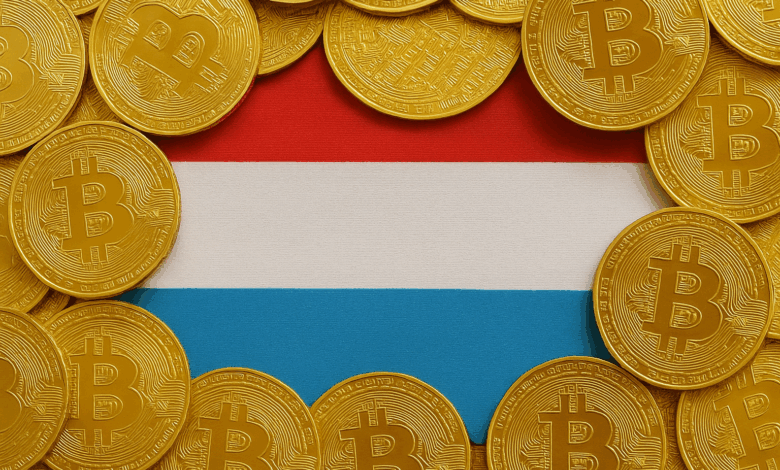Nation’s Wealth Fund To Buy Bitcoin For The First Time

Luxembourg is officially joining the ranks of governments investing in Bitcoin.
The country’s Intergenerational Sovereign Wealth Fund (FSIL) will allocate 1% of its total portfolio — over €7 million — to Bitcoin and other crypto, Finance Minister Gilles Roth announced Wednesday during his 2026 budget presentation in the Chamber of Deputies.
“This is really great news for crypto-assets because this is the first investment of a public fund in bitcoin in Luxembourg,” said CSV lawmaker Laurent Mosar following the announcement.
The move positions Luxembourg as the first Eurozone nation to allocate sovereign wealth into Bitcoin exchange-traded funds, marking a significant symbolic step for Europe’s financial landscape.
Bitcoin as a strategic financial allocation
As of June 30, 2025, the FSIL held $887 million in assets, primarily in investment-grade bonds (53%) and index funds (46%), with less than 1% in cash.
The planned allocation, if implemented at current asset levels, would translate to roughly $9.5 million in Bitcoin exposure through ETFs.
Bob Kieffer, Luxembourg’s Director of the Treasury, confirmed the details in a Wednesday post, explaining that the decision follows the government’s July 2025 approval of a revised investment policy allowing up to 15% of FSIL assets to be placed in “alternative investments,” including private equity, real estate, and cryptocurrencies.
He acknowledged the debate surrounding the move: “Some might argue that we’re committing too little too late; others will point out the volatility and speculative nature of the investment. Yet, given the FSIL’s particular profile and mission, the fund’s management board concluded that a 1% allocation strikes the right balance, while sending a clear message about bitcoin’s long-term potential.”
Kieffer clarified that the exposure would not involve direct Bitcoin holdings. “To avoid operational risks, the exposure to bitcoin has been taken through a selection of ETFs,” he said.
Luxembourg as a Bitcoin hub
The decision also aligns with Luxembourg’s broader strategy to cement its status as a fintech and digital assets hub within the European Union.
The country has increasingly become a base for crypto firms applying for MiCA (Markets in Crypto-Assets) licenses, which allow companies to operate across the EU under unified regulatory standards.
By integrating Bitcoin ETFs into a state investment fund, Luxembourg is signaling that digital assets are entering the financial mainstream — not as speculative gambles, but as long-term strategic holdings.
Following a global Bitcoin trend
Luxembourg’s move follows similar steps by sovereign wealth funds across the world. Norway’s $1.9 trillion fund reportedly holds around 11,400 BTC indirectly through corporate investments, while sovereign funds in Asia and the Middle East have begun exploring limited exposure to crypto markets.
The U.K. and Finland also hold Bitcoin. The Czech central bank recently confirmed that it is studying a potential €7 billion shift of reserves into Bitcoin.
For Luxembourg, however, the motivation appears strategic rather than opportunistic — a controlled experiment in digital diversification that underscores the country’s ambitions to lead within Europe’s evolving financial infrastructure.
“Obviously, what’s right for the FSIL might not be right for other investors,” Kieffer noted. “But this allocation sends a clear message about where we believe the future of finance is headed.”





